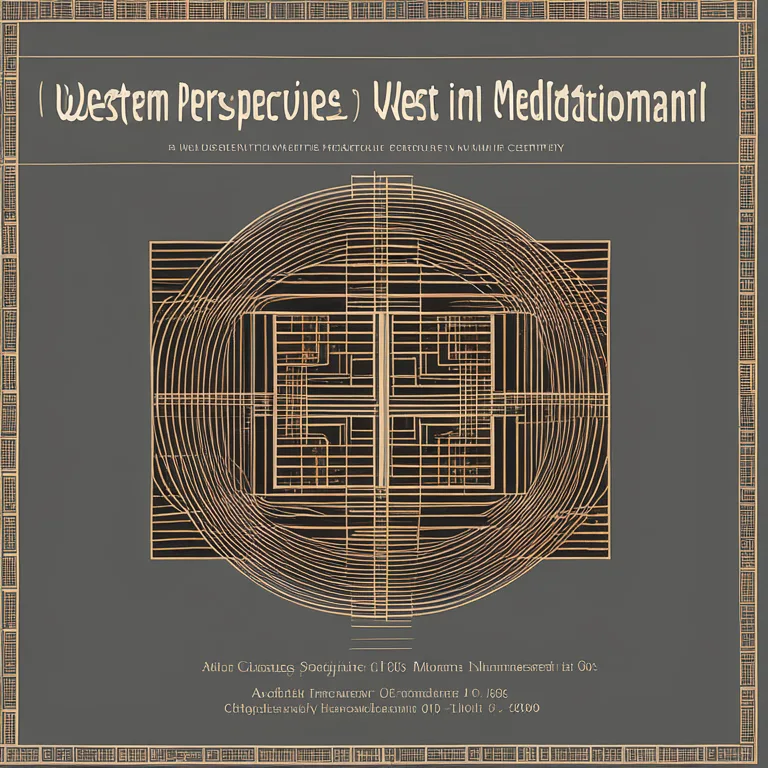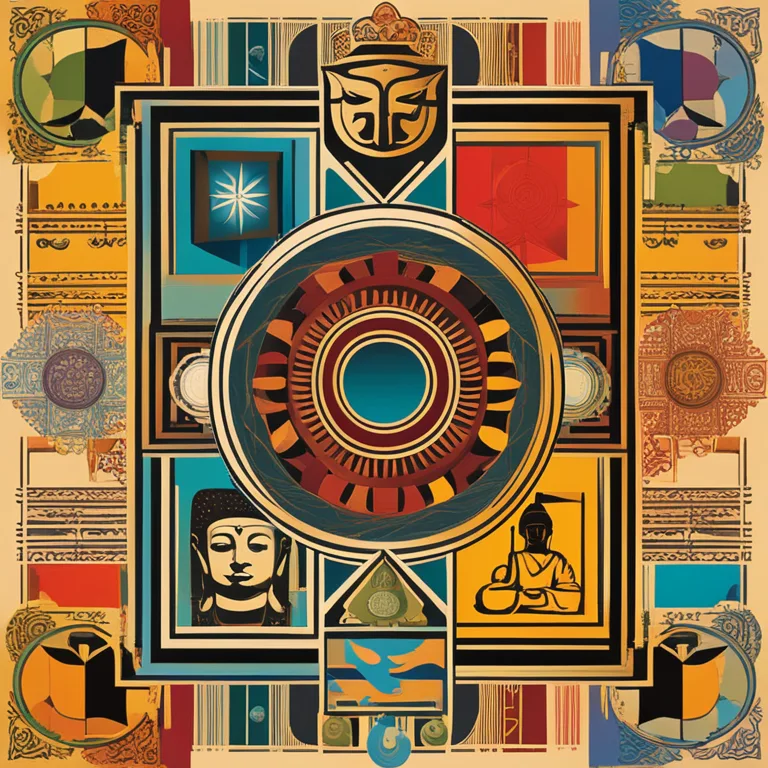
The Origins of Meditation Techniques
Explore the historical journey of meditation techniques and their global impact on spiritual practices.
article by Hina Kurosawa
A Historical Overview
Meditation has been a cornerstone in the quest for tranquility and enlightenment across various cultures for millennia. Rooted deep in ancient traditions, the origins of meditation are as diverse as the practices themselves. From the meditative techniques of Hinduism dating back to 1500 BCE in the Vedas, to Buddhist meditation evolving since 500 BCE, the lineage of meditation is both rich and complex. Early Christian, Islamic, and Jewish mystics also adopted forms of meditation, adapting them to their own spiritual goals. In indigenous cultures, similar practices were not labeled meditation, but still involved repetitive, trance-inducing techniques pivotal to their spiritual ceremonies. As archaeologists continue to discover artifacts, and scholars analyze ancient texts, the historical tapestry of meditation grows ever more intricate.

Eastern Philosophies and Meditation
The inception of what we today recognize as meditation is often credited to Eastern spiritual practices. In Hinduism, the concept of 'Dhyana,' a Sanskrit term for meditation, serves as a key aspect of achieving a higher state of consciousness. The Buddhist traditions, particularly those originating in India and later spreading to countries like China, Japan, and beyond, have emphasized seated meditation known as 'Zazen' or 'Samatha,' focusing on mind-calming techniques. Taoist meditation from China also contributed to the development of the discipline with exercises aiming to cultivate body and life force or 'Qi.' This diversity in Eastern approaches has supplied a vast array of methods that underpin modern meditative practices.

Western Perspectives on Meditation
In the West, meditation was not as formally practiced until the 20th century, when it was introduced through various channels, including scholarly interest in Eastern spirituality and the transcendentalist movement. Psychedelic research in the 1960s and 70s, alongside the human potential movement, also accelerated Western engagement with meditation. Today, dialogue between neuroscientists and contemplative practitioners fosters an enriched understanding of meditation's impacts on the human mind and body, propelling its integration into healthcare and wellness programs.

Modern Adaptations and Trends
With scientific validation of its benefits, meditation has undergone a metamorphosis into mainstream culture. Mindfulness, a meditation technique emphasizing present-moment awareness, is indicative of this shift. Executive programs, sports training, and even mobile applications now tout meditation as an essential tool for mental health and cognitive enhancement. Cutting-edge research in genetics and neuroplasticity further underscores meditation's transformative potential, with implications for managing stress and combating chronic diseases such as depression and anxiety disorders. Looking towards the future, these scientific developments are poised to refine and redefine meditation strategies.

Global Syncretism and Future Pathways
What distinguishes meditation in contemporary society is its syncretism – the melding of traditions and techniques from all corners of the globe to create hybrid or wholly new methods. Technological advancements, such as virtual reality and biofeedback, offer unprecedented ways to engage with meditative states. As we pass the threshold into 2024 and beyond, meditation seems set to continue evolving, embraced by various segments of society seeking solace, healing, and spiritual growth amidst a fast-paced and complex world.
Published: 1/8/2024
Modified: 1/8/2024
More predictions
Come back here soon to learn more about yourself and your future


Finger Meditation Techniques
Discover the power of finger meditation to harmonize your body and mind, enhancing wellness and inner peace.


Meditation Techniques: A Handbook
Discover the breadth of meditation methods to enhance your wellness journey.


Meditation Techniques to Soothe OCD
Discover meditation practices designed to help manage OCD symptoms through mindful awareness and relaxation.